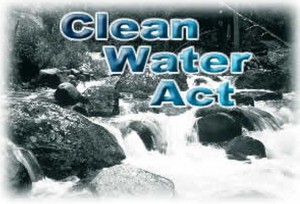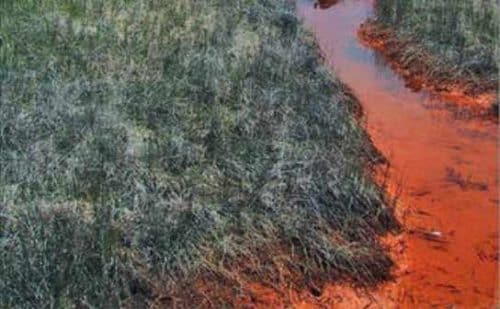 June 29, 2015 JUNEAU – Governor Bill Walker announced today that the State of Alaska will join North Dakota and 10 other states in challenging the recently finalized “waters of the United States” rule adopted by the Environmental Protection Agency (EPA) and the U.S. Army Corps of Engineers (the Corps). The new rule attempts to define what waters are covered by the Clean Water Act, resulting in the need for a federal permit. However, instead of clarifying federal law, the rule has left states with more questions.
June 29, 2015 JUNEAU – Governor Bill Walker announced today that the State of Alaska will join North Dakota and 10 other states in challenging the recently finalized “waters of the United States” rule adopted by the Environmental Protection Agency (EPA) and the U.S. Army Corps of Engineers (the Corps). The new rule attempts to define what waters are covered by the Clean Water Act, resulting in the need for a federal permit. However, instead of clarifying federal law, the rule has left states with more questions.
“This final rule will likely have detrimental impacts on development in Alaska,” said Governor Walker. “In addition to being incredibly expansive, the rule is also unclear. It will only lead to more expensive permitting and legal fights over ‘what is in’ and ‘what is out’ under the federal law.”
The new rule expands what falls under federal jurisdiction by automatically sweeping up “adjacent” or “neighboring” waters and wetlands within a certain geographic limit to downstream waters already covered by federal law. Additionally, if “adjacent” or “neighboring” water extends into the set geographic limit by even a few feet, the entire water body or wetland is subject to federal jurisdiction and permitting. By virtue of Alaska’s unique and abundant water and wetland areas, many adjacent or neighboring waters will fall within the rule, regardless of their connection to downstream waters.
“Alaska has over 174 million acres of wetlands, and more coastline and wetlands than all of the Lower 48 combined,” said Governor Walker. “While not all of these waters are covered by the Clean Water Act, we have long protected these important resources under statutory and regulatory authorities. This new rule just creates confusion and unnecessary bureaucracy for our state.”
According to the states’ complaint, problems with the new rule not only include the substance of the rule, but also the way it came about. Under the Clean Water Act, Congress recognizes the primary responsibility of the state to prevent pollution and plan the development and use of water resources within its borders. However, despite the significant effects this rule has on state sovereign authority, the EPA and the Corps failed to meaningfully consult with the states in the development of the rule.
“This rule came about under a muddled process which failed to consider information specific to Alaska,” said Governor Walker. “By overlooking our state’s unique circumstances, the rulemaking fails to disclose the regulatory and economic impacts it will have on Alaska, which is required by law.”
Link to complaint: https://www.law.alaska.gov/pdf/press/062915-NewWaterRule-COMPLAINT.pdf






